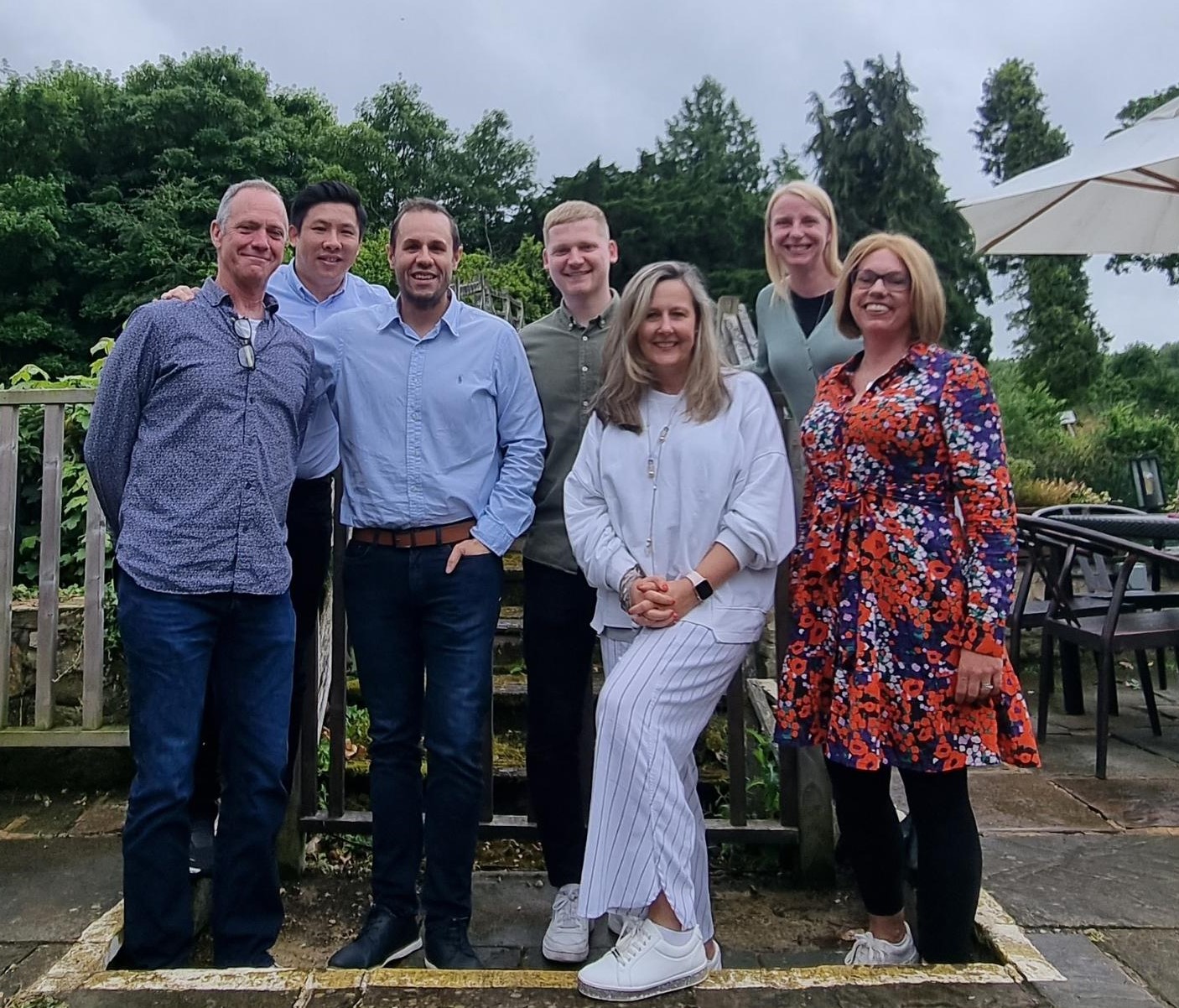Here at Primary Colours Surveys, we take great pride in using focus groups as part of our thorough research processes to improve employee engagement for our clients. Focus groups are just one of the tools we use that help us delve deeper into particular areas of value or concern.
Numerical data can be a key part of research but sometimes to understand the whole story, focus groups and a qualitative approach to research is also extremely valuable.
But what exactly are focus groups, and why would an organisation choose to use them?
What is a focus group?
A focus group is a planned activity where specifically chosen employees are invited to participate in a semi-structured discussion. This discussion may cover a specific topic or may give participants more freedom in how they communicate. The aim is to extract valuable insights from the things employees are talking about and what their emotions are towards certain topics.
Focus groups can be used in a variety of ways, and in business are often associated with market research and product fit. In these instances, it is consumers who participate in a focus group with the business wanting to learn about their opinions on a current or new product/service.
But for businesses that value their employees and want to create a thriving company culture with two-way communication up and down the organisation, focus groups can be a key instrument in understanding levels of employee engagement and how employees are feeling towards particular aspects or challenges within the organisation.
Benefits of using focus groups
In relation to improving employee engagement within an organisation, focus groups present a wealth of benefits, including:
- Beyond words and text
Reading written answers, or even hearing a voice recording, may not reveal some of the underlying body language or facial expressions that may give more insights than any of the words spoken. This can help organisations gain a better understanding of the emotions and feelings towards a particular topic. Getting to the bottom of why employees feel a certain way is a vital component in trying to improve employee engagement.
- Natural progression of conversation
Having a rigid form of questions can be effective at gaining quick insights, but this may not delve into follow up questions or ideas that may spark from having a conversation in qualitative research like focus groups and interviews.
Questions that a business may not have thought to ask, may naturally come up during a focus group as people bounce ideas from one another. This can mean the focus group reveals more actionable insights for a business.
- Engaging employees
In some ways, the act of setting up focus groups and using interviews as well as staff surveys, can in itself, improve employee engagement. By showing that you’re taking the time to listen to employees’ opinions and feelings, and valuing their input, you are in fact ‘engaging’ employees. What else does ‘engagement’ mean but involving people and allowing them to participate in interactions?
By having a direct interaction with participants, those contributing ideas and opinions in the focus group are likely to help shed light on particular areas of value or concern. It can also help them think and try to communicate why they feel a certain way, which offers more value than a simple yes/no answer.
For a full breakdown of the factors impacting employee engagement, use our House of Engagement resource.
- Quick and resourceful
Interviewing every individual in an organisation is obviously time intensive, so arranging focus groups can be a quick and resourceful alternative. Focus groups can reveal insights quickly that can lead to further research methods subsequently. For instance, using focus groups before an employee engagement survey is a great way to ensure that your employee engagement survey is made up of questions that focus on the things that are important to employees.
- Flexible
Focus groups can be tailored to different situations and circumstances, meaning they offer a flexible solution for businesses.
For example, if your staff surveys revealed something you wanted to learn more about, a focus group can be a great way to build on this insight. Or, perhaps you want to conduct a focus group to gain an understanding of what factors may be most important to staff retention or turnover.
- Understand complex behaviours, motivators, and feelings
It can often be hard to express all your emotions about how engaged you feel at work when only using quantitative questions and answers. Focus groups can allow participants to further explain and express the reasons behind their behaviours, motivations and feelings.
Businesses can even offer potential solutions within the focus group and see how participants react. This can be a quick way to see if initiatives are likely to work or if they may even make things worse. Don’t wait for the next survey to find out as this is inevitably too late!
- Removes guess work
Focus groups help to remove the guess work in making big decisions. This can be hugely valuable and avoid businesses making costly mistakes.
For example, making the assumption that your workforce will love the new offices is highly risky and can lead to significant staff turnover if this assumption proves incorrect. Instead a business can use focus groups, interviews and surveys to understand what their workforce likes and dislikes about the current office and location, to ensure they pick a new one that is likely to be a success.
Top decision-makers can ensure they make successful decisions by utilising tools such as focus groups to backup or counter argue their ideas and proposals.
Getting started with focus groups
Focus groups are most effective when combined with other research methods, such as interviews, pulse surveys and employee surveys. This means businesses can utilise both quantitative data as well as qualitative insights. Focus groups can be positioned to provide insights before, during or after other research methods, depending on what type of insights you’re looking to gain.
Our aim is very much to help businesses see improvements in employee engagement and we’ll use our expertise and experience to ensure the most appropriate research methods are used.
Our consultants are experienced researchers and business psychologists, using best-practice methods and software tools to collect, analyse and interpret qualitative and quantitative feedback data.
For help getting started with employee engagement or developing your existing approach, please don’t hesitate to get in touch with us here at Primary Colours Surveys.





















